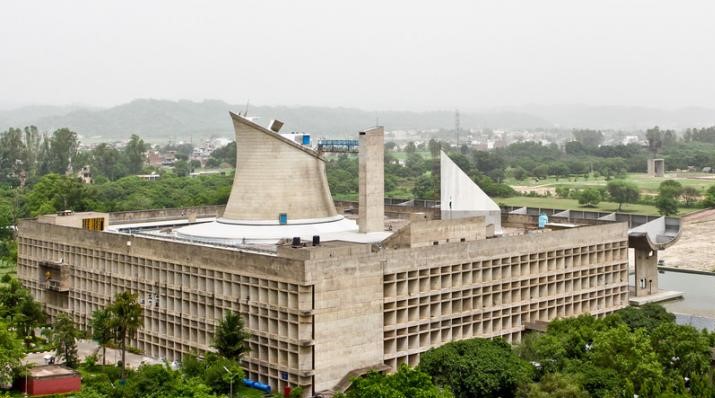 Punjab recently witnessed yet another “special session” of its Assembly—a gathering that promised urgent solutions for floods, farmer distress, unemployment, and state finances, but delivered something far more spectacular: political theatre. Citizens tuning in for concrete plans were instead treated to a masterclass in back-patting, applause, and dramatic speeches. The ruling party took the stage like reality show contestants, narrating “achievements” that seemed designed more for cameras than for actual governance. The opposition, meanwhile, excelled at blaming, heckling, and performing dramatic pauses, turning the session into a spectacle that could rival any soap opera.
Punjab recently witnessed yet another “special session” of its Assembly—a gathering that promised urgent solutions for floods, farmer distress, unemployment, and state finances, but delivered something far more spectacular: political theatre. Citizens tuning in for concrete plans were instead treated to a masterclass in back-patting, applause, and dramatic speeches. The ruling party took the stage like reality show contestants, narrating “achievements” that seemed designed more for cameras than for actual governance. The opposition, meanwhile, excelled at blaming, heckling, and performing dramatic pauses, turning the session into a spectacle that could rival any soap opera.
Key issues such as flood relief, debt management, and job creation appeared only briefly, like cameo appearances in a long-running drama. Flood compensation was mentioned in passing, farmers’ concerns received a few theatrical lines, and debt and unemployment were reduced to bullet points that looked suspiciously recycled from previous sessions. Microphones proved more productive than policy-making, and citizens began to wonder whether installing popcorn machines in the Assembly might have been more useful than the speeches themselves. By the session’s end, the Assembly had achieved perfection—if perfection is measured by appearances, applause, and media coverage—while actual solutions remained firmly backstage.
Amidst the chaos, citizens’ reactions were as witty as they were frustrated. Mrs. Kaur from Ludhiana quipped, “I tuned in expecting solutions, but ended up taking notes on applause techniques!” Mr. Singh of Patiala commented, “I didn’t know politics could be this entertaining—too bad it’s not helpful.” A local farmer lamented, “I was hoping for flood compensation news, instead I got an hour of speeches. Can someone file this under ‘performance art’?” Indeed, if the session had a review rating, it would score high on drama, spectacle, and soundbites—but barely register on actual governance.
Breaking news-worthy moments included MLAs applauding themselves for ten minutes, speeches claiming urgency while delivering little, and heroic pauses worthy of an Oscar nomination. The session’s “highlights” included dramatic posturing, strategic use of air-conditioning, and promises of solutions that citizens noted suspiciously resembled last session’s agenda. In short, the Punjab Assembly set a new record: most time spent talking about itself without actually solving any real problems.
Ultimately, the special session proved one thing clearly: in Punjab politics, “special” often means spectacularly theatrical and utterly ineffective. Citizens were left wondering if any future session would prioritize solutions over spectacle, or whether the Assembly’s microphones and podiums would continue to serve as tools for drama rather than instruments of governance. Until then, the state’s political soap opera continues—tickets free for all, applause mandatory, solutions optional.